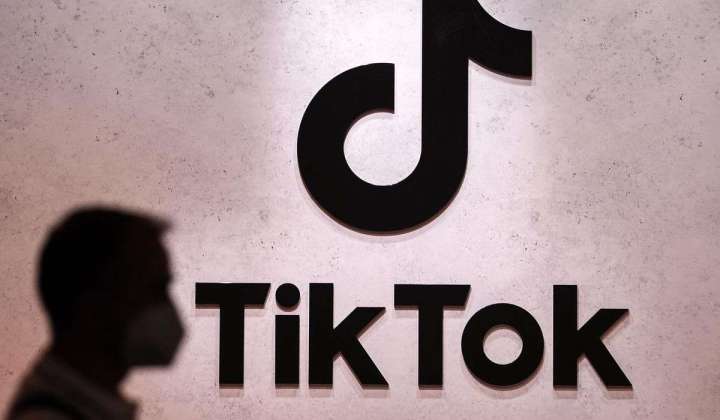Biden’s cyberspace ambassador wants less anti-China, anti-Russia talk on tech

President Biden’s cyberspace ambassador is urging Americans to tone down the anti-China and anti-Russia tough talk on tech in hopes of establishing better relations with nations that have not yet picked a side.
Russian ransomware attacks and China-sponsored tech theft and data security threats have hammered the U.S., but Nathaniel C. Fick wants American officials to move away from casting cyber challenges as a “you’re with us or against us” scenario.
Mr. Fick is the federal government’s inaugural ambassador at large for cyberspace and digital policy and he said Thursday he is working to ensure the State Department’s new bureau has a lead role in crafting a cyber foreign policy.
“In talking about internet governance, I would start with the proposition that we should not cast everything in competitive terms actually,” Mr. Fick said at a German Marshall Fund event. “It should not be all anti-Russia or anti-China because there are many middle-ground states around the world, intentionally and historically unaligned states, where that message doesn’t resonate.”
The U.S. government has increasingly turned its attention toward competition with major adversaries such as China and Russia in cyberspace, as terrorism from the Middle East recedes from the headlines.
Mr. Fick, who took office in September, said he does not want people to ignore risks posed by America’s adversaries but he prefers to frame things in attractive, compelling and positive terms to get international cooperation.
Before becoming ambassador last year, Mr. Fick gained experience as a technology executive and entrepreneur in the cybersecurity and venture capital arenas and he said he did not encounter the State Department during his interactions with the government.
In the last year, Mr. Fick said the Biden administration has overhauled how the federal government teams with businesses on tech and cyber issues.
“The last year has fundamentally changed how government and the private sector collaborate on cybersecurity issues, fundamentally,” Mr. Fick said at the event. “When I was a cybersecurity CEO, public-private partnership was a feel-good buzz term. It generally meant I shared my data with the government, the government classified it, and I got nothing back — that is emphatically no longer the case.”
Mr. Fick said cyber and tech issues were not coordinated, integrated or elevated at the State Department before his arrival despite the good work of his predecessors.
He wants his department to play a policymaking role that he has observed underway at the departments of defense and homeland security, but the Biden administration already has several officials competing for jurisdiction over national cyber policy.
Mr. Biden selected John C. Inglis as the first national cyber director and appointed Jen Easterly to lead the Cybersecurity and Infrastructure Security Agency. The president also picked Anne Neuberger to serve in a White House role fixated on hackers and cyberattackers, as the deputy national security adviser for cyber and emerging technology.
Mr. Fick does not appear eager to join the domestic cyber policy food fight and said his goals are focused on building the Bureau of Cyberspace and Digital Policy. He said he wants a basically trained cyber and digital policy staffer to be present in “every mission in the world that matters” within two years.
While the federal government’s cyber policymaking process has taken years to reach decisions, state and local officials are moving much faster.
For example, nearly half of U.S. states have enacted restrictions on TikTok for state officials’ devices amid concerns about the social media platform’s connections to China jeopardizing Americans’ data security and privacy.
The Biden administration has not yet concluded a national security review of the platform initiated in the Trump administration, however, and Mr. Biden’s team has faced criticism for not moving fast enough to implement a ban prohibiting the TikTok app’s usage on government devices.






